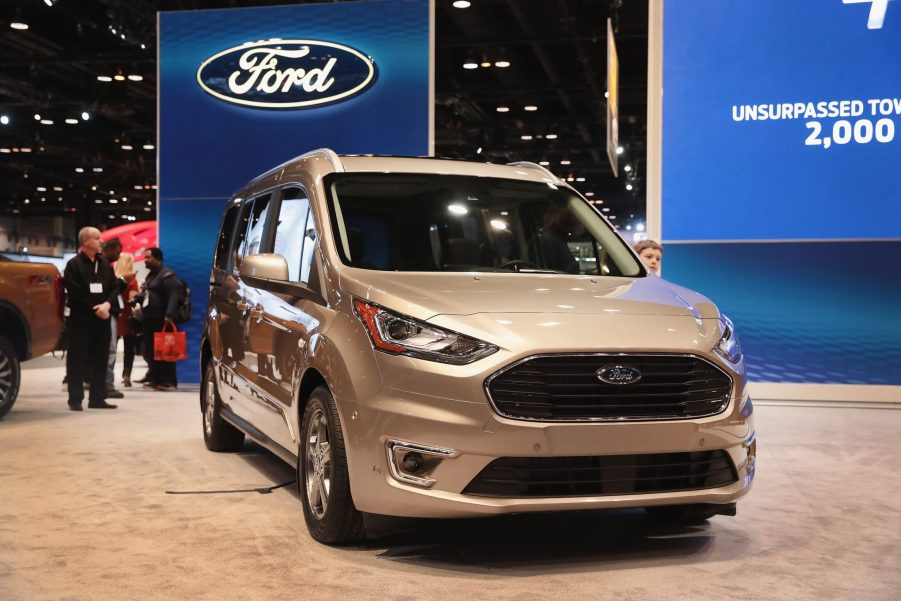
Ford Penalized $1.3 Billion Sidestepping Tariffs
Ford is looking at a huge penalty if it can’t continue its legal fight over import duties on Ford Transit Connect vans. An appeal by Ford to show it paid high duties on some imports plus interest was turned down by the Supreme Court. Now additional duties and a fine of up to $1.3 billion could be levied against Ford now.
US Customs and Border Protection (CBP) wants $181 million in additional duties besides the penalty that ranges from $652 million to $1.3 billion. Ford says it would defend its actions and notes that if a penalty is issued it “would be based on our level of culpability as determined by the courts.”
What is the Transit Connect penalty for?

This all revolves around the Ford Transit Connect vans, which are built in Turkey. When Ford imports the vans they are configured as passenger vans, which are levied a 2.5 percent tariff. They are not subject to the “chicken tax” because they are not commercial vehicles. Ford then converts them into cargo vans by blocking the rear windows and removing seats. This is known as “tariff engineering.”
The chicken tax goes back to the 1960s. Some European countries were placing a 25% tax on frozen chicken imported from the US. In retaliation, President Lyndon Johnson imposed a 25% tariff on potato starch, dextrin, brandy, and light commercial vehicles. Soon all of the tariffs but those imposed on light commercial vehicles were lifted.
The so-called tariff engineering is how Ford sidesteps the commercial nature of the Transit Connect vans. But in 2013 the CBP ruled that the vans were still subject to the 25 percent chicken tax. The Justice Department is hip to the runaround by Ford.
The feds say Ford used tricks to get around the chicken tax on Transit Connect vans

It stated that Ford “designed, marketed, sold, and delivered the van to consumers exclusively as a two-person cargo van. But to avoid the higher rate of duty that applies to cargo vans as compared to vans principally designed for passenger transport, petitioner imported each Transit Connect … with a temporary, cheap rear seat that was designed to be immediately removed as soon as the van cleared” Customs.
Beyond that, the feds say that the seats do not employ the US mandated head restraints and “were upholstered with cost-reduced fabric that did not match that of the front seats.” Ford says the seats meet all federal safety standards and have seat belts, anchors for the seats, and meet all requirements for “street-legal passenger vehicles.”
Without the high court taking the case it looks like Ford has few options left. Now it is just a matter of how much the lower court wants to penalize Ford. And it also raises questions about what Ford will do about future Transit Connect imports. With the fine factored into the profits of Transit Connect vans it may not be a viable business plan anymore.



